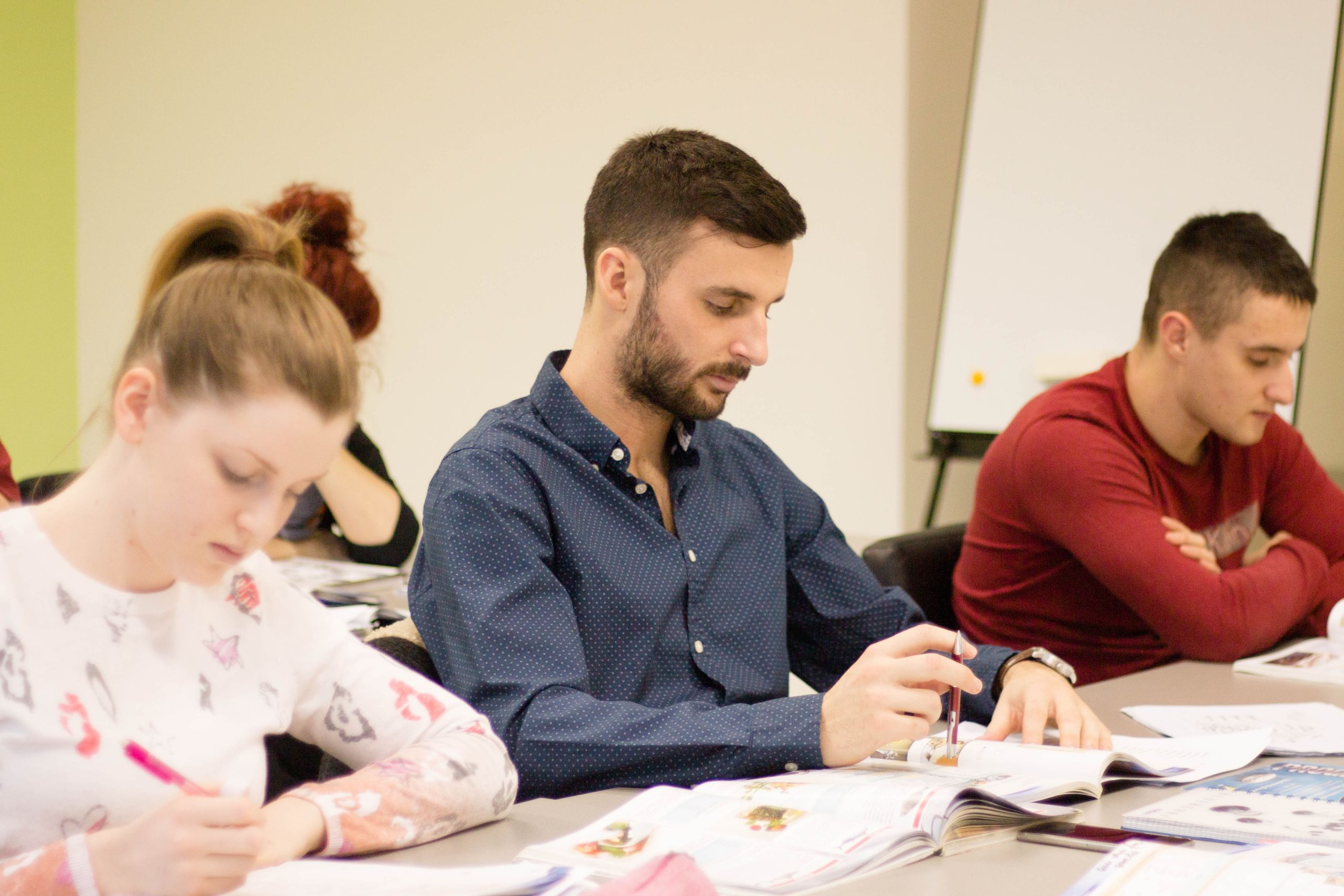Specialized Language Courses for the Culinary Arts
The modern restaurant scene is becoming a highly international setting, from the guests in the front of the house to the kitchen staff in the back of the house. In many situations, cooks from all over the world can be found working together in one kitchen. Many professional cooks and pastry chefs boast international careers, making the culinary arts a highly travel-based career.
Not only is foreign language useful for day-to-day work in the kitchen, much of the standard terminology used in this industry is based in the Italian, French, or English languages. With the goal of strengthening our students’ culinary foundations and helping them to be competitive in the global restaurant scene, Kul IN offers Specialized Language Courses for the Culinary Arts. Students can choose to study Italian, French, English or German in addition to their culinary or pastry course.

